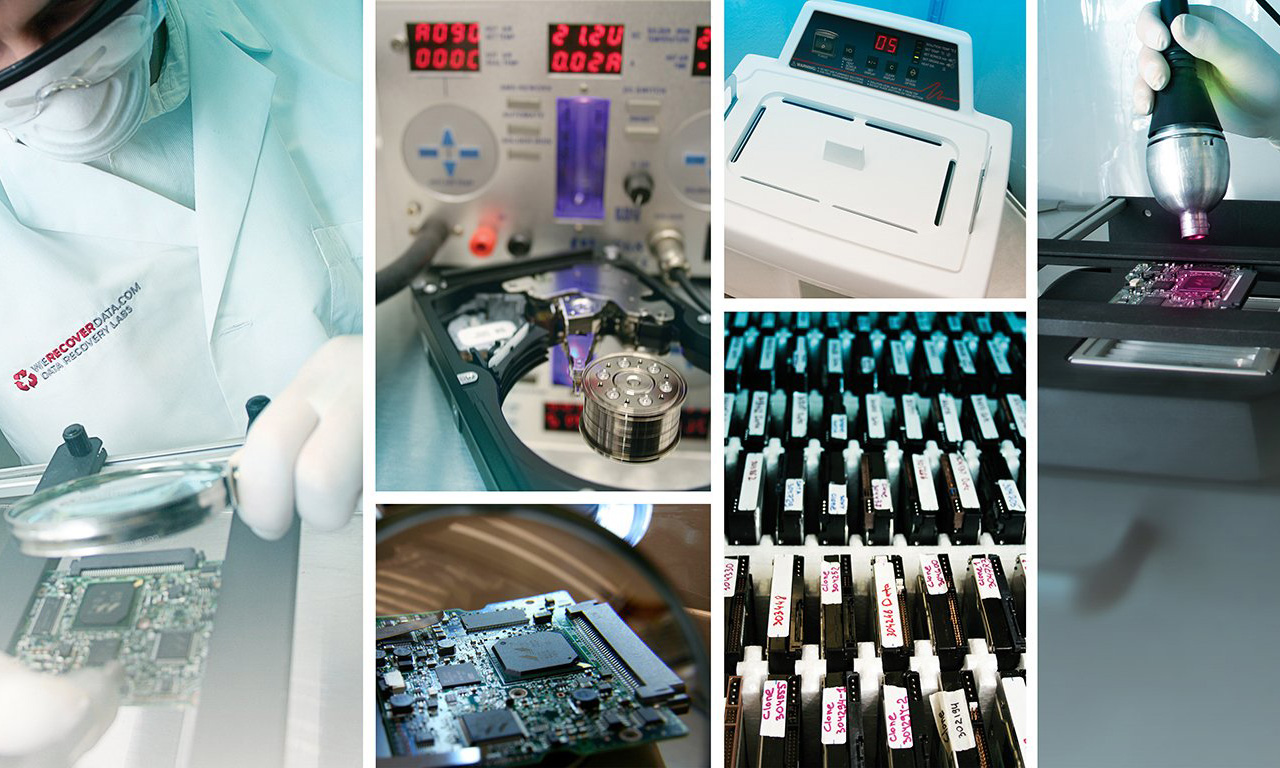Best Practices for Healthcare Data Backup and Recovery
By Matt Brennan
The healthcare industry is heavily reliant on the use of data. Because of the importance of their mission and downtime is not an option, healthcare data backup and recovery are critical. All digital platforms must be safe and secure. Cyber attacks can have a devastating effect, making backup and recovery operations even more complex. Hackers can lock your access to the data until their demands are met.
This is why responsible handling of healthcare data is critical. It’s also important to make sure that your organization is compliant with industry and government regulations. Below are some of the practices you can keep in mind for healthcare data backup and recovery.
Creating a Healthcare Data Backup and Recovery Strategy
Automation for Backups
When the backups are automated, you can rest easy knowing they are always running in the background. They can be scheduled so that you’re aware of when they’re taking place without having to actively monitor them.
Evaluate Your Backup Data
It’s important to know that the data you’re backing up is readily available for use when needed. It will give you peace of mind to know that you can immediately rely on your backups should you need them. For this reason, it doesn’t hurt to semi-regularly check in on your backup data to make sure that it’s still there in an accessible form.
Data Encryption
You can secure your data backups using encryption. This ensures that no one will be able to interpret it that isn’t supposed to. One word of caution on encryption, however. It can make data recovery more complex should you ever need it.
Implement Multi-Factor Authentication for Added Security
The people who need access to the data will maintain it. But MFA can ensure that your data remains safe from any bad actors by requiring multiple devices within the login process.
Consider Your Backup Locations
It’s ok to maintain onsite backups. They can offer quick and convenient access to data when it’s needed the most. Off-site cloud backups can also offer significant advantages in the event something goes wrong within your physical location. If disaster strikes, it could impact the integrity of on-site backups making the cloud backup all the more important.
Creating Multiple Backup and Recovery Options
It’s important to have options when it comes to recovering lost data. Having multiple copies of your data simplifies the recovery process by giving you convenient options.
Ransomware or Virus Protection
As your data is backed up you can scan for potential threats to make sure that these copies are not infected. If you end up needing the recovered data, scanning it ensures that it won’t reinfect your system.
Go With a Data Recovery Company You Can Trust
No matter how many preparations you’ve taken, sometimes the worst-case scenario is simply inevitable. Your data is invaluable, and you cannot afford to have downtime when data is lost, making healthcare data backup and recovery a crucial exercise. Data recovery software can come with considerable risk. These software programs can actually negatively impact the chances that you recover the data. An experienced data recovery company has likely seen situations similar to yours.
If your healthcare organization is looking to recover lost or missing data, contact us today!





















